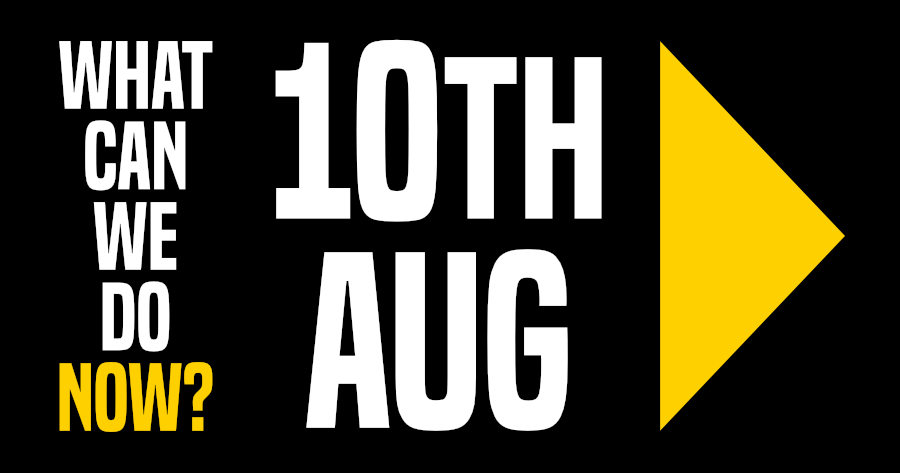Frequently asked questions about what we can do from 10th August
The government regularly updates their online publication for frequently asked questions about what we can and can't do during the Coronavirus pandemic. This changes as more rules and guidelines are relaxed over time. The latest rules and guidance for 10th August 2020 onwards can be found on an HTML page called Coronavirus outbreak FAQs: what you can and can't do on the government website.
Here is an example of the information available:
Where will people need to wear face coverings?
We are now recommending that face coverings are worn in additional indoor settings and this will be enforceable in law.
Currently you are required to wear face coverings in shops, supermarkets, indoor shopping centres, indoor transport hubs and public transport.
For members of the public, from 8 August this will be expanded to include:
Some people, including disabled people and those who have invisible impairments or conditions such as mental illness, do not need to wear face coverings if they are unable to do so.
People are not required to prove they are exempt from a face covering. Those who have an age, health or disability reason for not wearing one should not be routinely asked to give any written evidence of this.
Here is an example of the information available:
Where will people need to wear face coverings?
We are now recommending that face coverings are worn in additional indoor settings and this will be enforceable in law.
Currently you are required to wear face coverings in shops, supermarkets, indoor shopping centres, indoor transport hubs and public transport.
For members of the public, from 8 August this will be expanded to include:
- funeral directors
- premises providing professional, legal or financial services
- cinemas
- theatres
- bingo halls
- concert halls
- museums, galleries, aquariums, indoor zoos or visitor farms, or other indoor tourist, heritage or cultural sites
- nail, beauty, hair salons and barbers - other than where necessary to remove for treatments
- massage parlours.
- public areas in hotels and hostels
- places of worship
- libraries and public reading rooms
- community centres
- social clubs
- tattoo and piercing parlours
- indoor entertainment venues (amusement arcades, funfairs, adventure activities such as laser quest, go-karting, escape rooms, heritage sites)
- storage and distribution facilities
- veterinary services
- auction houses
Some people, including disabled people and those who have invisible impairments or conditions such as mental illness, do not need to wear face coverings if they are unable to do so.
People are not required to prove they are exempt from a face covering. Those who have an age, health or disability reason for not wearing one should not be routinely asked to give any written evidence of this.


